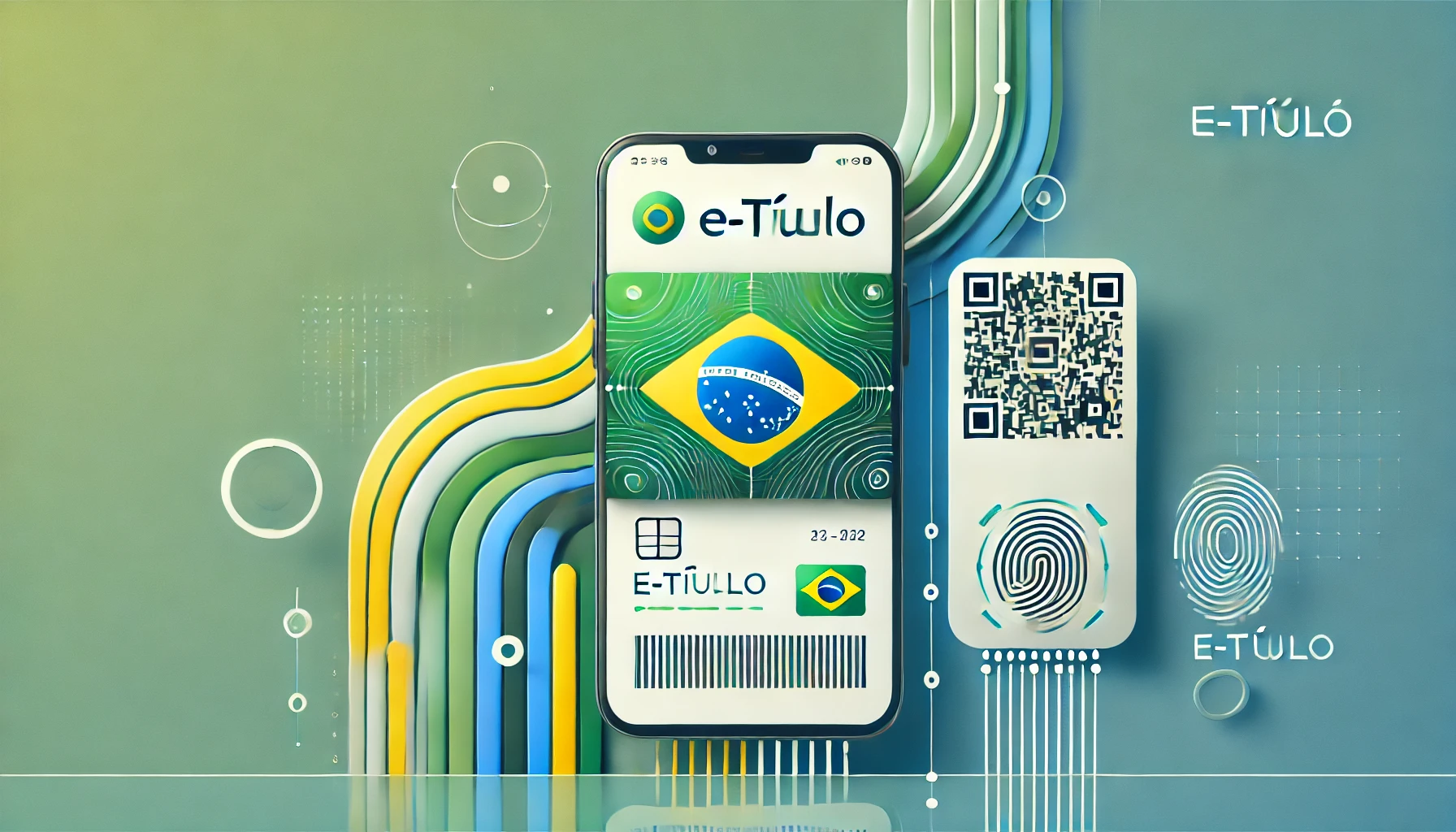Advertising
The Digital Antenna Kit offered by the Brazilian government is part of an initiative to promote access to digital TV, especially for low-income families. This program was created as a response to the transition from analog to digital TV that has taken place in recent years. The main idea is to ensure that all Brazilians can have access to the new transmission technology, which offers better sound and image quality, as well as greater interactivity.
The kit includes a digital antenna and converter, as well as other accessories needed for installation. With this equipment, even older televisions can receive the digital signal, without the need to buy a new TV. Digital TV has the advantage of offering a clearer image and noise-free sound compared to analog TV, as well as allowing high definition transmission.
The benefits of the program are wide-ranging. As well as improving the quality of transmission for millions of Brazilians, it helps to reduce the digital divide. The program was designed above all for families enrolled in the Unified Registry, who receive the kit free of charge. The application process is simple and can be done online, with delivery directly to the beneficiary's home.
Requirements to Receive a Free Digital Antenna Kit
To have access to the free digital antenna kit, citizens need to meet certain requirements set by the federal government. The main criterion is to be registered in the Single Registry for Social Programs (CadÚnico), which covers many low-income families across the country. In addition, beneficiaries of programs such as Bolsa Família, Minha Casa Minha Vida and Tarifa Social de Energia Elétrica can also apply for the kit.
The application process is simple and accessible. Initially, the interested party must check their eligibility on the program's official website, using their CPF or NIS (Social Identification Number). After confirming that they meet the criteria, the citizen can schedule the collection of the kit or request delivery directly to their home. In many cases, installation is also offered free of charge, making the process even easier for those without technical knowledge.
The importance of this program goes beyond simply receiving channels. It represents a public policy aimed at digital and social inclusion, ensuring that even the most vulnerable families have access to quality information and entertainment. This is especially relevant in more remote regions, where television can be the main source of news and education.
Advertising
Differences Between Digital TV and IPTV: What You Need to Know
The transition to digital TV has brought many improvements, but with the advance of technology, new transmission formats, such as IPTV, have also begun to gain ground. The main difference between digital TV and IPTV lies in the way the content is transmitted. Digital TV uses radio waves to transmit the signal, which is picked up by antennas. IPTV (Internet Protocol Television), on the other hand, uses the internet to deliver content directly to the user's device.
While digital TV depends on an antenna and, in some cases, a digital converter, IPTV requires a stable internet connection. This allows users to access a wider range of content, often on demand, without depending on the fixed programming of TV channels. However, IPTV also depends on the quality of the internet connection, which can be a challenge in areas with limited infrastructure.
Another fundamental difference is the content. While traditional digital TV offers free, open television channels, IPTV can provide both free and paid content. Many IPTV platforms offer channel packages and even movies and series, competing directly with streaming services. However, IPTV also raises questions about copyright, as many services operate without the necessary licenses.
The Growth of IPTV: Legality and Implications in Brazil
In recent years, IPTV has become one of the most popular options for accessing television and audiovisual content in Brazil. The possibility of watching a wide variety of channels from all over the world via the internet has attracted millions of users. However, as this popularity has grown, questions have also arisen regarding the legality and regulation of IPTV in the country.
IPTV itself is a legitimate technology and is used by major television providers around the world. The problem arises with the use of IPTV by companies that offer access to pirated content, without proper authorization from the rights holders. This illegal practice is known as "pirate IPTV" and can generate penalties for both providers and users.
In Brazil, piracy of audiovisual content is a growing problem, and the use of pirated IPTV has contributed to the expansion of this practice. The authorities have tried to combat this type of activity, but the lack of clear regulations and the ease of access make it difficult to control. In addition, there are significant financial implications, as copyright holders and content providers lose revenue from this form of piracy.
How to Install a Digital Antenna Kit in Your Home
The installation of the digital antenna kit provided by the government is relatively simple and can be done by the person themselves, without the need for a specialized technician in many cases. The kit contains all the necessary components, including the aerial, the digital converter (if the TV is not compatible with the digital signal) and connection cables.
The first step is to choose a suitable location for the antenna, preferably on an outside area, such as the roof or a high wall, where the signal can be picked up more easily. After fixing the aerial, the cable should be connected to the digital converter or directly to the TV, depending on the model of the set. The next step is to turn on the TV and do the automatic search for digital channels, a process that can take a few minutes.
If the beneficiary has any difficulty installing the service, the government also offers free technical support in certain regions, which ensures that all families can enjoy the service without any problems. This facility is part of the effort to democratize access to digital TV, guaranteeing signal quality and a good user experience for all.
IPTV: Advantages, Risks and Opportunities in the Brazilian Market
IPTV offers a number of advantages over traditional methods of transmitting audiovisual content. Among the main benefits are flexibility and the variety of content on offer. With IPTV, users can access a large number of channels, both national and international, as well as on-demand content such as films and series. This diversity is one of the reasons for the service's growth in Brazil.
Another advantage is mobility. As IPTV only depends on an internet connection, content can be accessed from anywhere, whether at home, on a cell phone or on mobile devices. In addition, many IPTV platforms offer extra features, such as the possibility of recording programs, pausing live broadcasts and accessing old archives.
However, the IPTV market also carries risks, mainly related to piracy. Using illegal services can expose users to fines and even legal problems. In addition, pirated IPTV generally offers inferior quality, with signal drops and cybersecurity risks, such as malware and viruses. That's why it's important for consumers to opt for regulated and reliable services.
Future of TV: Digital Antenna Kit and the IPTV Revolution
The future of television in Brazil seems to be moving towards a coexistence between traditional digital TV and new technologies such as IPTV. The government's digital antenna kit will continue to be essential to guarantee access to free-to-air TV, especially for low-income populations. IPTV, on the other hand, will continue to grow as more Brazilians have access to high-speed internet and become interested in diversified content.
The trend is that, in the future, IPTV and other streaming services will become even more integrated with the traditional television experience, allowing for a personalized and interactive experience for users. However, regulation and the fight against piracy will be important challenges to ensure that this market grows fairly and safely.
Conclusion
Both the digital antenna kit and IPTV are important parts of the future of television in Brazil. While the digital kit guarantees access to free-to-air TV for everyone, IPTV offers a new, more flexible way of consuming content with greater variety. However, it is important for both consumers and authorities to be aware of the legality and safety issues surrounding the use of these technologies.



